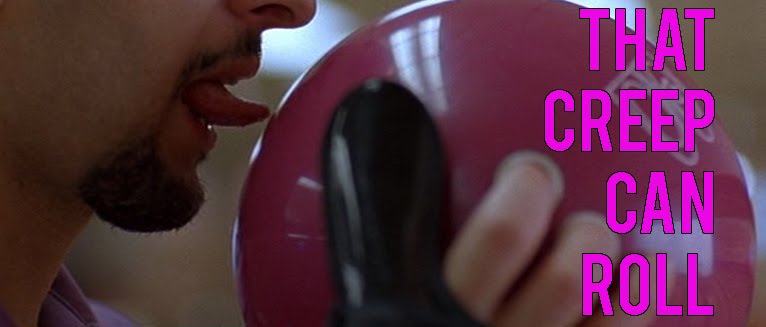
Micmacs
The last time Jean-Pierre Jeunet made a film borne out the frustrations of developing a big-budget Hollywood production, the result was Amélie. Micmacs is his attempt to positively spin the two wasted years he spent adapting The Life Of Pi into something closer to his previous work and his own sensibilities.
Micmacs is the tale of Bazil (Dany Boon), the survivor of a potentially fatal bullet to his head, who joins forces with a gang of misfits to take revenge on the weapons manufacturers he holds responsible. The problem with that summation is that it sounds like the set-up for a justice-seeking action flick – and not a whimsical slapstick farce that calls to mind Buster Keaton more than it does Mel Gibson.
Jeunet’s usual signifiers are there in force from the gang of outsiders, each with their own unique quirk, to the sickly yellow hue that colours every scene, making it look like it’s being projected through a fug of sulphur. In typical Jeunet fashion, everything in the film has the aged, worn-out look that imbues everything with a lovable, past-its-prime charm. It’s a film about outsiders which doesn’t sneer at them.
It takes the conventions of a heist picture but the ragtag characters and situations always ensure that its played for comedy, rather than ever wringing any tension. There are some scenes of elaborately planned, organised anarchy as the crew attempt to spy, steal and dupe their way towards the big guns (literally). These set-piece scenes are all individually great fun to watch but there’s an ingredient missing.
Dany Boon has great comic timing and an innate ability to master the two great French arts of mime and farce. He’s an amazingly watchable presence with a hangdog expression that fits the film perfectly. Similarly, Jeunet-regular Dominique Pinon’s appearances (among the smattering of other faces from Amélie) as a rage-prone human cannonball are among the film’s many high-points.
Micmacs’ main problem is that it’s a mish-mash. It adopts a middleground between darkness and light which isn’t a problem in itself. However, it appears to be bolted together from elements of Jeunet’s other films; it has the assortment of ‘freaks’ and dystopia-lite elements of Delicatessen and The City Of Lost Children but is aiming for the warmth and feelgood nature of Amélie and A Very Long Engagement. At times it’s overtly political and message-driven but without the weight to carry any of these messages over properly.
The look of the film is always visually interesting. There’s a frenetic pace to proceedings and a kinetic energy to the camerawork. The ramshackle mechanical mice and scrapyard dens which populate the film have lost their lustre a bit as other filmmakers have (over)used the aesthetic since Jeunet first did. The build-up to the ending seems rushed with the grande climactic set-piece never feeling spectacular enough and an element of mean-spiritedness does begin to creep in, which is out of keeping with the rest of films quirkier elements.
I never lost interest in it, but it just doesn’t seem quite so fresh. It’s hard not to be charmed by it, from the 1940s-style opening credits to the out-of-step with reality world it inhabits, but all the disparate elements never quite connect.
It has definitely managed to dodge a bullet, but Jeunet needs to worry about the backward momentum of the recoil for his next project.
(Exactly on-the-line) 4/5


No comments:
Post a Comment